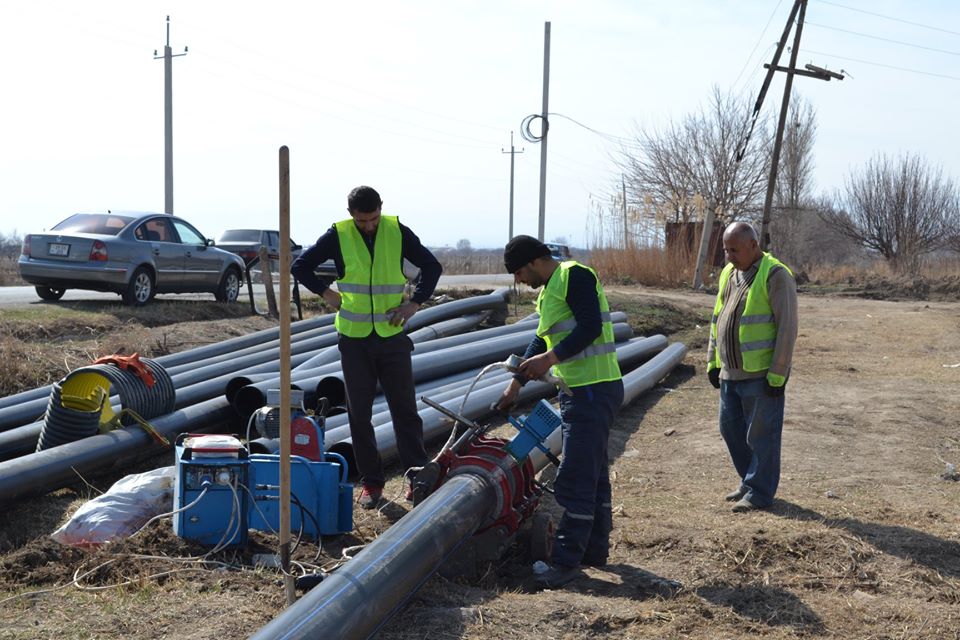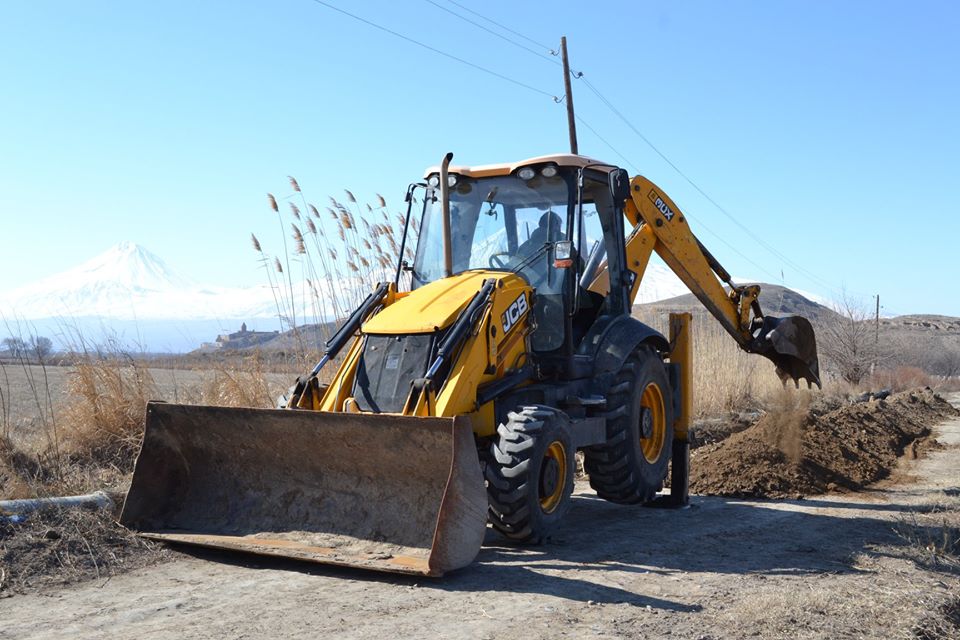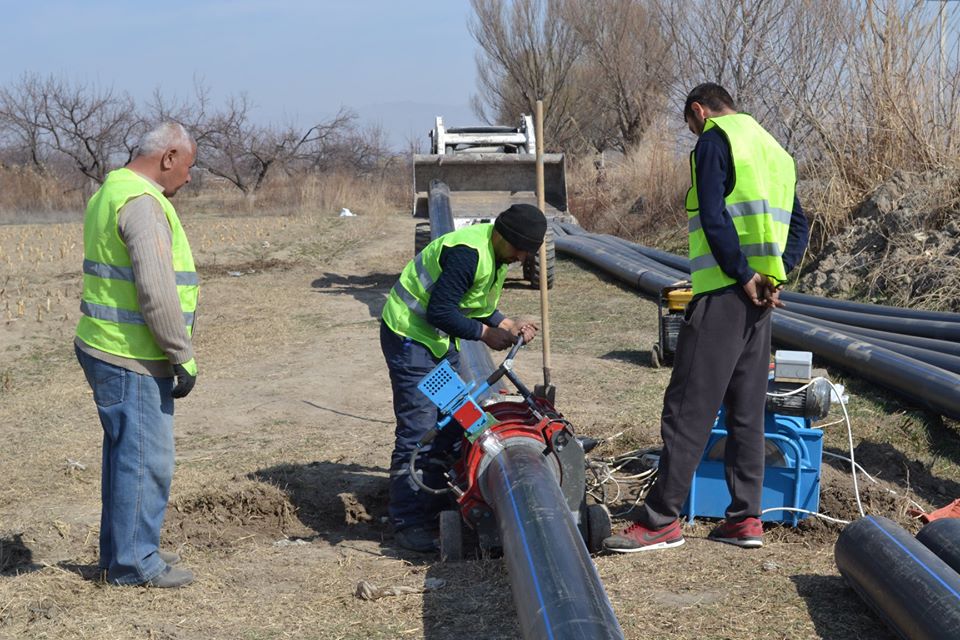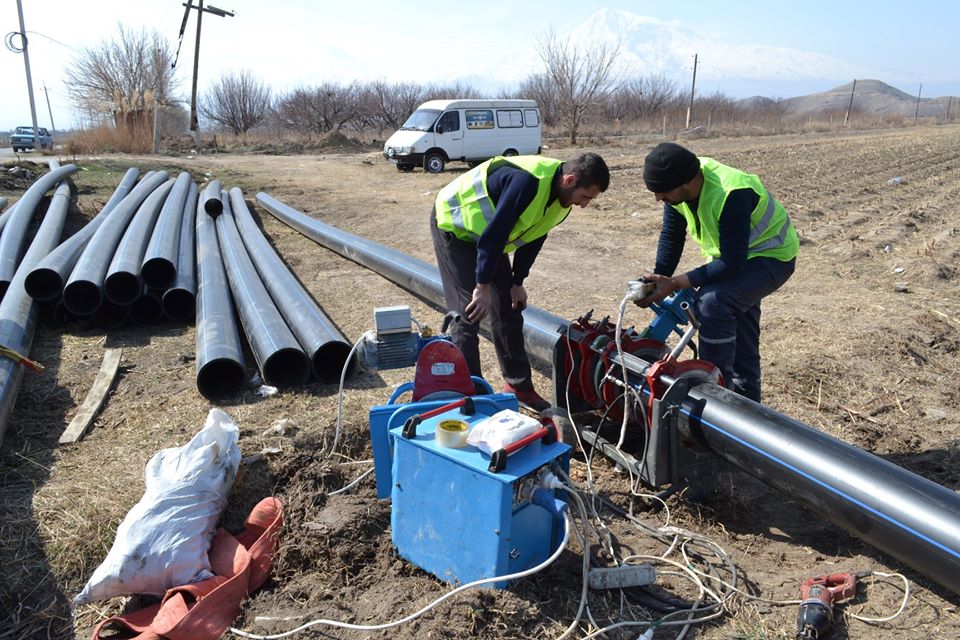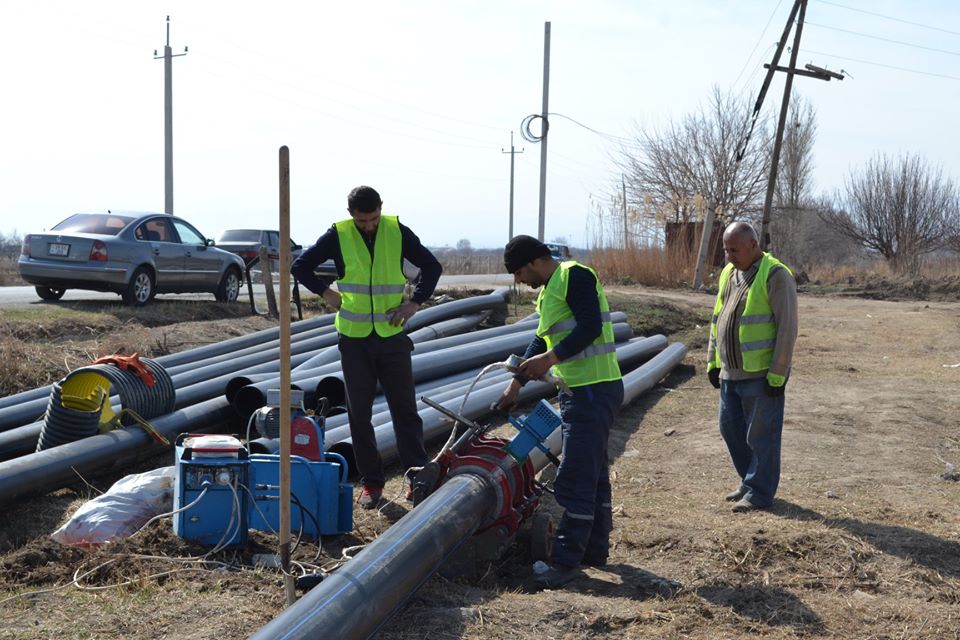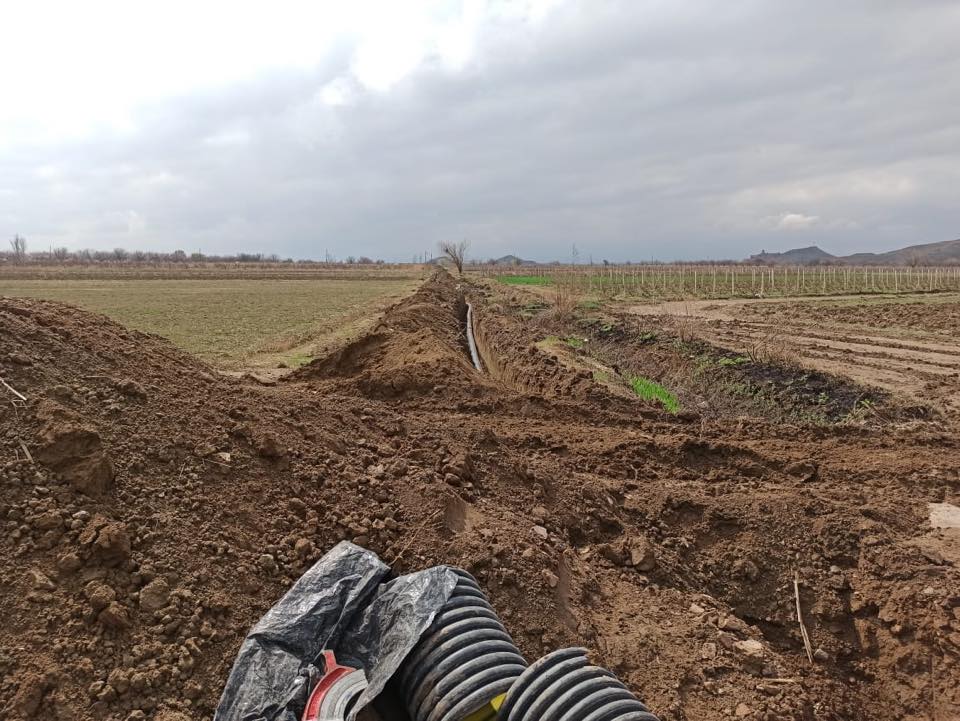On
February 5, the USAID-funded Advanced Science and Partnerships for Integrated Resource
Development (ASPIRED) Project presented the interim results, next steps and
enforcement mechanisms of the method of self-purification capacity assessment of
Armenian rivers. The method is elaborated by the ASPIRED Project by the initiative
of the Ministry of Environment as part of the priority measures on efficient
management of the Ararat groundwater basin.
In
pursuit of this task, the ASPIRED Project established a working group consisting
of the field experts – a hydro-morphologist, water quality specialist and hydro-biologist,
as well as the representatives of the stakeholder agencies – the Ministries of
Environment, Emergency Situations, Territorial Administration and Infrastructure.
Taking
into consideration the international experience, the experts developed the hydro-chemical,
hydro-biological and hydro-morphological components of the method of self-purification
capacity assessment of rivers. Water samplings were made in Kasakh River basin based
on the characteristics, such as the river network morphology, hydrological feeding
regime, existing human and natural pressures on the water quality, availability
of multi-year monitoring data and other factors.
The method of self-purification capacity assessment of rivers, the user manual and the draft legal act with enforcement mechanisms will be presented to the Armenian Government in July 2020. The ASPIRED Project will conduct the user training on the method if necessary.






